aLL that year the animals worked lke slaves
aLL that year the animals worked lke slaves. But they were happyin their work they grudged no effort or sacrifice, well aware thateverything that they did was for the benefit of themselves andthose of their kind who would come after them, and not for a packof idle thieving human beingsThroughout the spring and summer they worked a sixty-hour week,and in August Napoleon announced that there would be work onSunday afternoons as well. This work was strictly voluntary, butany animal who absented himself from it would have his rationseduced by half. Even so, it was found necessary to leave certaintasks undone The harvest was a little less successful than in theprevious year, and two fields which should have been sown withroots in the early summer were not sown because the ploughinghad not been completed early enough. It was possible to foreseethat the coming winter would be a hard oneThe windmill presented unexpected difficulties. There was a goodquarry of limestone on the farm, and plenty of sand and cementhad been found in one of the outhouses so that all the materials forbuilding were at hand. But the problem the animals could not atfirst solve was how to break up the stone into pieces of suitablesize. There seemed no way of doing this except with picks andcrowbars. which no animal could use because no animal couldstand on his hind legs. Only after weeks of vain effort did the rightdea occur to somebody--namely, to utilise the force of gravityHuge boulders, far too big to be used as they were, were lying allover the bed of the quarry The animals lashed ropes round theseand then all together, cows, horses, sheep any animal that couldlay hold of the rope-even the pigs sometimes joined in at criticalmoments-they dragged them with desperate slowness up theslope to the top of the quarry, where they were toppled over theedge, to shatter to pieces below. Transporting the stone when itwas once broken was comparatively simple. The horses carried itoff in cart-loads, the sheep dragged single blocks, even Muriel andBenjamin yoked themselves into an old governess-cart and didtheir share. By late summer a sufficient store of stone hadaccumulated, and then the building began, under thesuperintendence of the pigs.
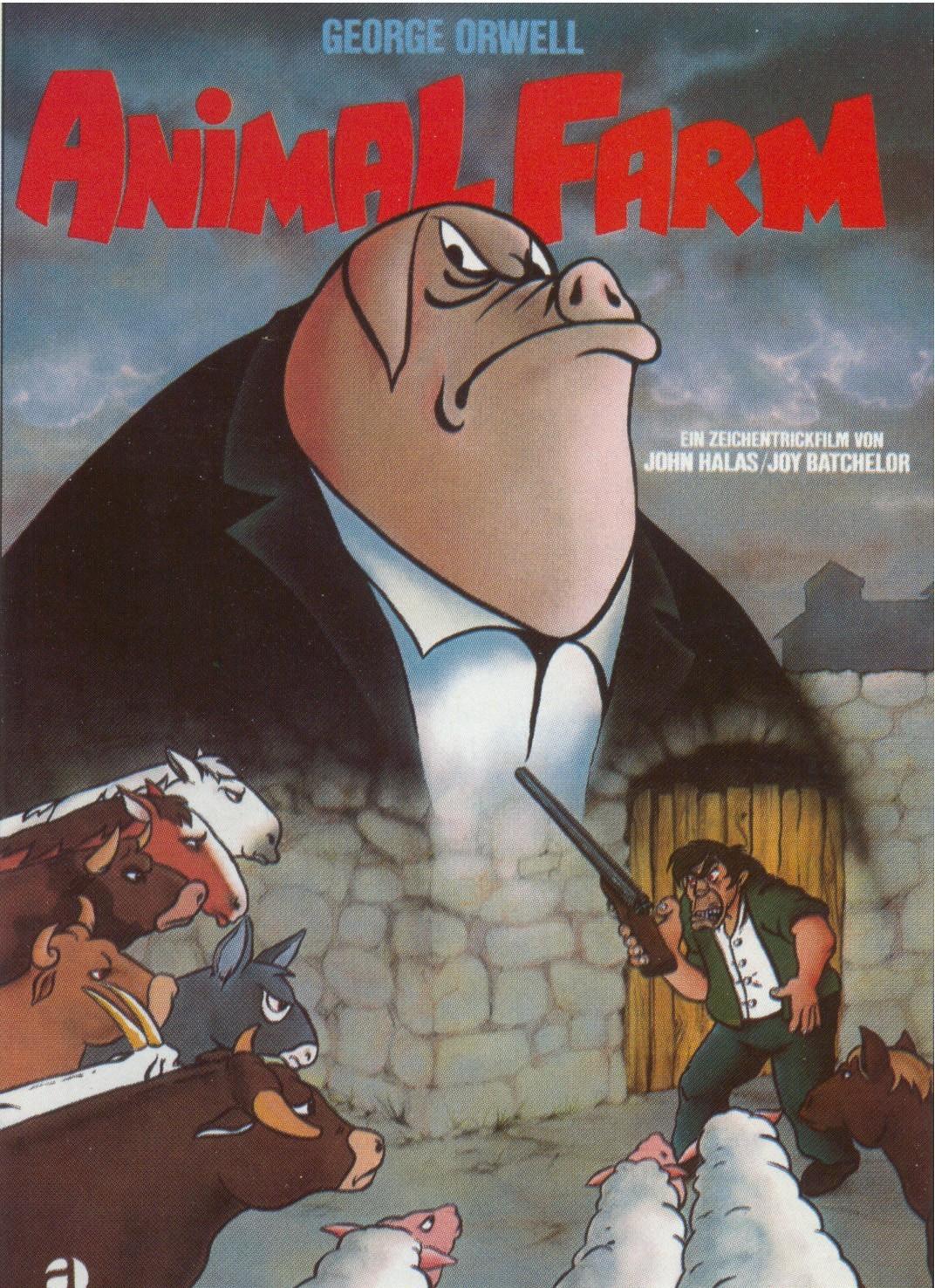
But it was a slow, laborious process. Frequently it took a wholeday of exhausting effort to drag a single boulder to the top of thequarry, and sometimes when it was pushed over the edge it failedto break. Nothing could have been achieved without Boxer, whosestrength seemed equal to that of all the rest of the animals puttogether. When the boulder began to slip and the animals cried outin despair at finding themselves dragged down the hill, it wasalways Boxer who strained himself against the rope and broughtthe boulder to a stop. To see him toiling up the slope inch by inch,his breath coming fast, the tips of his hoofs clawing at the ground,and his great sides matted with sweat, filled everyone withadmiration. Clover warned him sometimes to be careful not tooverstrain himself but Boxer would never listen to her. His twoslogans, I will work harder and"Napoleon is always right,seemed to him a sufficient answer to all problems. He had madearrangements with the cockerel to call him three-quarters of arhour earlier in the mornings instead of half an hour. And in hisspare moments, of which there were not many nowadays, he wouldgo alone to the quarry, collect a load of broken stone, and dragdown to the site of the windmill unassistedThe animals were not badly off throughout that summer, in spite ofthe hardness of their work. If they had no more food than they hadhad in Jones's day, at least they did not have less. The advantageonly having to feed thenmselves. a1nd not having to support fiveextravagant human beings as well, was so great that it would havetaken a lot of failures to outweigh it. and in many ways the animalmethod of doing things was more efficient and saved labour. Suchjobs as weeding, for instance, could be done with a thoroughnessimpossible to human beings. And again, since no animal now stoleit was unnecessary to fence off pasture from arable land, whichsaved a lot of labour on the upkeep of hedges and gatesNevertheless, as the summer wore on, various unforeseenportages began to make them selves felt. There was need ofparaffin oil, nails, string, dog biscuits, and iron for the horseshoes, none of which could be produced on the farm. Later therewould also be need for seeds and artificial manures. besidesvarious tools and, finally, the machinery for the windmill. Howthese were to be procured, no one was able to imagine
One Sunday morning, when the animals assembled to receive theirorders, Napoleon announced that he had decided upon a newpolicy. From now onwards Animal Farm would engage in tradewith the neighbouring farms: not, of course, for any commercialpurpose, but simply in order to obtain certain materials which wereurgently necessary. The needs of the windmill must overrideeverything else, he said He was therefore making arrangements tosell a stack of hay and part of the current years wheat crop, andlater on, if more money were needed, it would have to be made upby the sale of eggs, for which there was always a market inWillingdon The hens, said Napoleon should welcome thissacrifice as their own special contribution towards the building ofthe windmillOnce again the animals were conscious of a vague uneasinessNever to have any dealings with human beings, never to engage intrade, never to make use of money-had not these been among theearliest resolutions passed at that first triumphant Meeting afterJones was expelled? All the animals remembered passing suchresolutions: or at least they thought that they remembered it. Thefour young pigs who had protested when Napoleon abolished theMeetings raised their voices timidly, but they were promptlysilenced by a tremendous growling from the dogs. Then, as usual,the sheep broke into "Four legs good, two legs bad! and themomentary awkwardness was smoothed over. Finally Napoleonraised his trotter for silence and announced that he had alreadymade all the arrangements. There would be no need for any of theanimals to come in contact with human beings, which wouldclearly be most undesirable. He intended to take the whole burdenupon his own shoulders. A Mr. Whymper, a solicitor living inWillingdon, had agreed to act as intermediary between AnimalFarm and the outside world, and would visit the farm everyMonday morning to receive his instructions. Napoleon ended hisspeech with his usual cry of "Long live Animal Farm!"and afterthe singing of Beasts of England the animals were dismissed
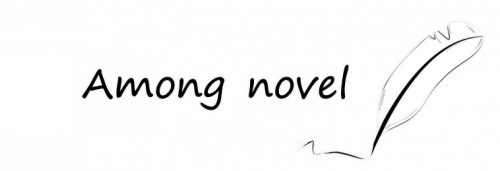
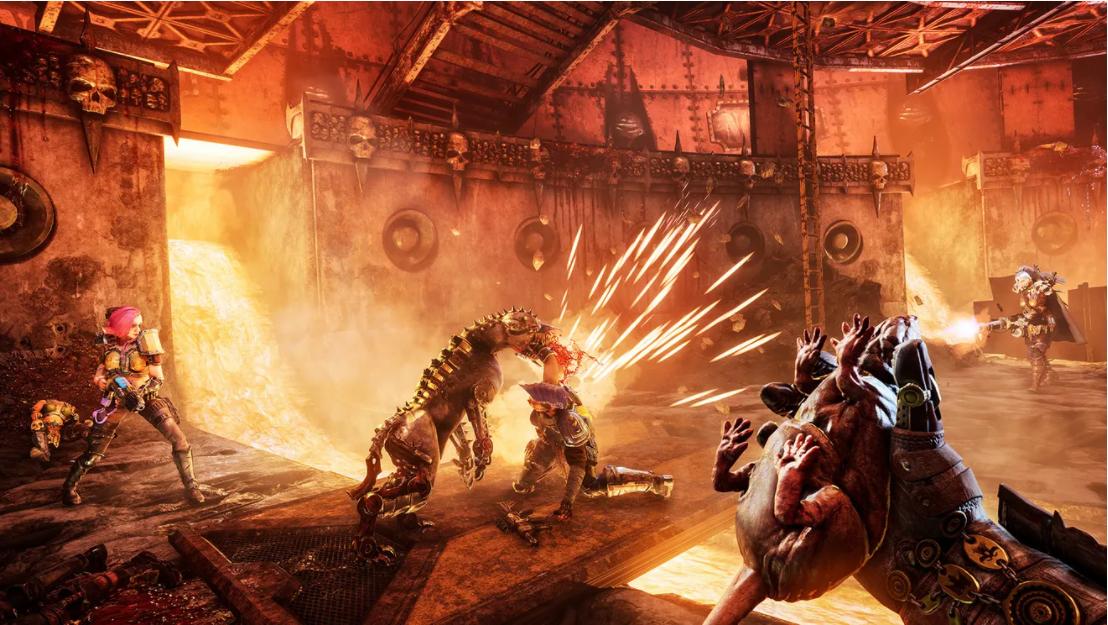
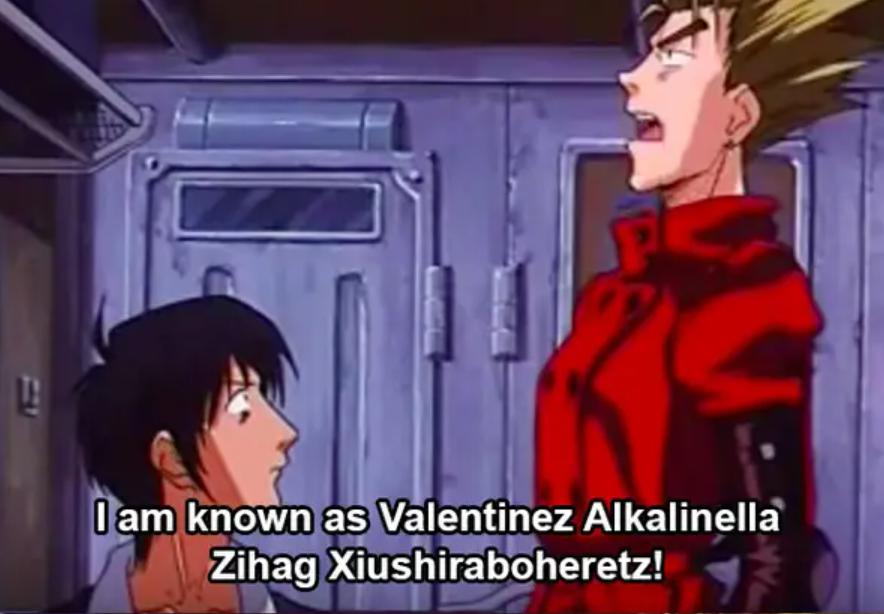


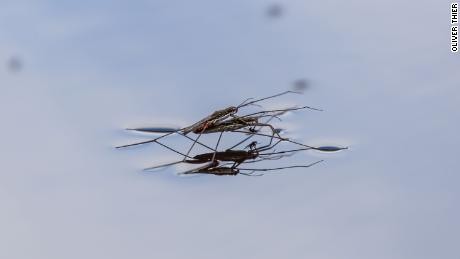
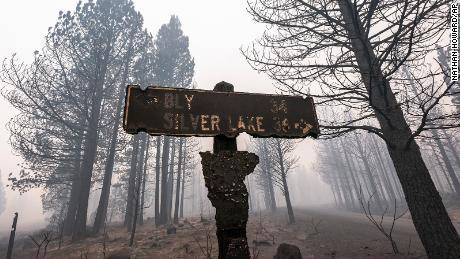


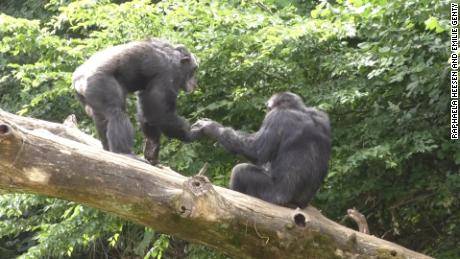


Write a Comment